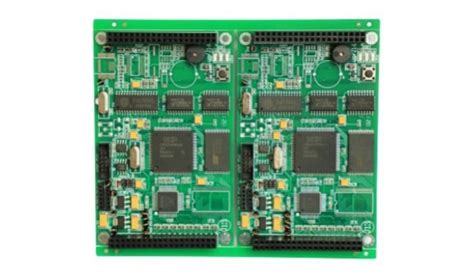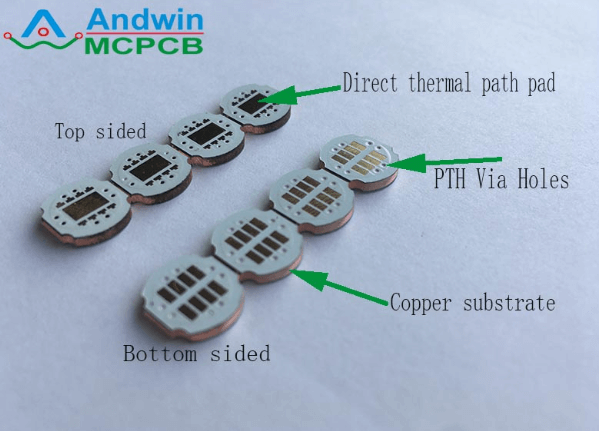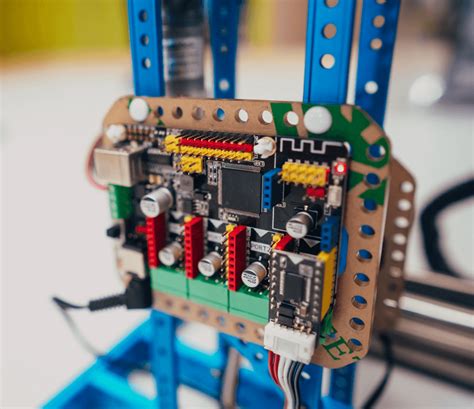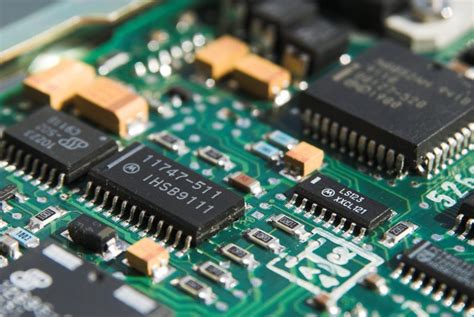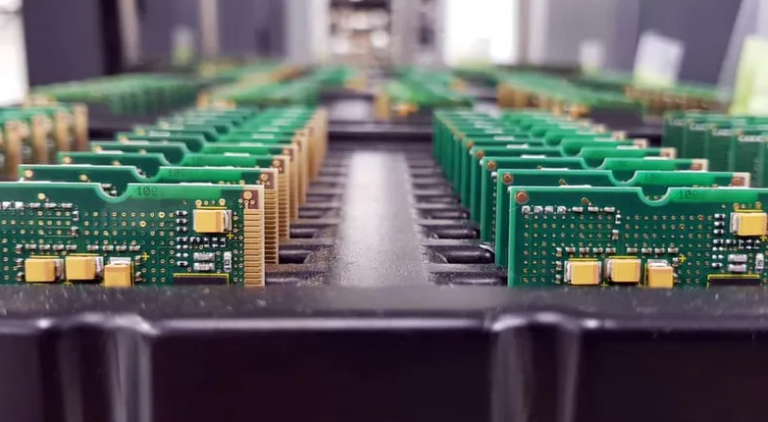The Role and Importance of Custom PCB Manufacturers in Modern Electronics
Introduction
Printed Circuit Boards (PCBs) are the backbone of modern electronics. They are used in virtually every electronic device, from smartphones and computers to industrial machinery and medical equipment. As the demand for more complex and specialized electronic devices grows, so does the need for custom PCBs. Custom PCB manufacturers play a crucial role in meeting this demand by providing tailored solutions that meet the specific requirements of their clients. This article explores the role of custom PCB manufacturers, the processes involved in custom PCB production, the benefits of using custom PCBs, and the future trends in the industry.
What is a Custom PCB Manufacturer?
A custom PCB manufacturer is a company that specializes in designing and producing printed circuit boards according to the specific requirements of their clients. Unlike standard PCBs, which are mass-produced and have a fixed design, custom PCBs are tailored to meet the unique needs of a particular application. This customization can include variations in size, shape, layer count, material, and functionality.
Custom PCB manufacturers work closely with their clients to understand their needs and provide solutions that optimize performance, reliability, and cost-effectiveness. They employ a range of advanced technologies and processes to produce high-quality PCBs that meet the stringent requirements of various industries.
The Custom PCB Manufacturing Process
The process of manufacturing custom PCBs involves several steps, each of which requires precision and expertise. Here is an overview of the key stages in the custom PCB manufacturing process:
- Design and Layout: The first step in custom PCB manufacturing is the design and layout phase. This involves creating a schematic diagram of the circuit, which is then converted into a physical layout using specialized software. The layout defines the placement of components, traces, and vias on the PCB. Custom PCB manufacturers often work closely with their clients during this phase to ensure that the design meets their specific requirements.
- Material Selection: The choice of materials is critical in custom PCB manufacturing. The materials used can affect the performance, durability, and cost of the PCB. Common materials include FR-4 (a flame-retardant epoxy resin), polyimide, and metal-core substrates. The selection of materials depends on factors such as the operating environment, thermal management requirements, and electrical performance.
- Printing the Circuit: Once the design and materials are finalized, the next step is to print the circuit onto the PCB substrate. This is typically done using a process called photolithography, which involves transferring the circuit pattern onto the substrate using a light-sensitive chemical and UV light. The exposed areas are then etched away, leaving behind the desired circuit pattern.
- Layer Stacking and Lamination: For multi-layer PCBs, the individual layers are stacked together and laminated under heat and pressure to form a single, cohesive board. This process requires precise alignment to ensure that the layers are properly connected through vias (plated-through holes).
- Drilling and Plating: After lamination, holes are drilled into the PCB to accommodate components and vias. These holes are then plated with a conductive material, typically copper, to establish electrical connections between layers.
- Solder Mask Application: A solder mask is applied to the PCB to protect the copper traces from oxidation and to prevent solder bridges during component assembly. The solder mask is typically green, but other colors are also available for custom PCBs.
- Silkscreen Printing: The final step in the manufacturing process is silkscreen printing, where labels, component identifiers, and other markings are printed onto the PCB. This helps in the assembly and troubleshooting of the PCB.
- Testing and Quality Control: Before the custom PCB is shipped to the client, it undergoes rigorous testing and quality control to ensure that it meets the required specifications. This can include electrical testing, visual inspection, and functional testing.
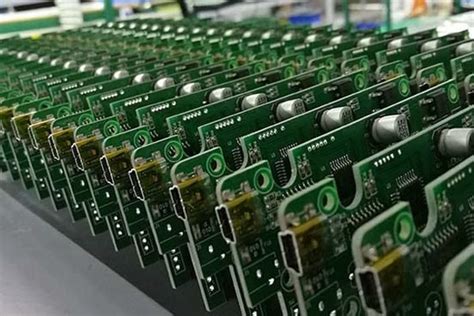
Benefits of Using Custom PCBs
Custom PCBs offer several advantages over standard, off-the-shelf PCBs. These benefits make them an attractive option for a wide range of applications. Here are some of the key benefits of using custom PCBs:
- Tailored to Specific Needs: The primary advantage of custom PCBs is that they are designed to meet the specific requirements of a particular application. This allows for optimal performance, as the PCB can be tailored to the exact electrical, thermal, and mechanical needs of the device.
- Improved Performance: Custom PCBs can be designed to minimize signal loss, reduce electromagnetic interference (EMI), and improve thermal management. This results in better overall performance and reliability of the electronic device.
- Space Optimization: Custom PCBs can be designed to fit into tight spaces, making them ideal for compact and portable devices. This is particularly important in industries such as consumer electronics, where space is at a premium.
- Cost-Effectiveness: While custom PCBs may have a higher upfront cost compared to standard PCBs, they can be more cost-effective in the long run. By optimizing the design and materials, custom PCBs can reduce the need for additional components, simplify assembly, and improve yield rates.
- Faster Time-to-Market: Custom PCB manufacturers often offer rapid prototyping services, allowing clients to quickly test and refine their designs. This can significantly reduce the time-to-market for new products, giving companies a competitive edge.
- Scalability: Custom PCB manufacturers can produce PCBs in small or large quantities, depending on the needs of the client. This scalability makes custom PCBs suitable for both prototyping and mass production.
Applications of Custom PCBs
Custom PCBs are used in a wide range of industries and applications. Here are some examples of where custom PCBs are commonly used:
- Consumer Electronics: Custom PCBs are widely used in consumer electronics such as smartphones, tablets, laptops, and wearable devices. These devices require compact, high-performance PCBs that can handle complex circuits and high-speed data transmission.
- Automotive: The automotive industry relies on custom PCBs for various applications, including engine control units (ECUs), infotainment systems, and advanced driver-assistance systems (ADAS). Custom PCBs in automotive applications must be able to withstand harsh environments, including extreme temperatures and vibrations.
- Medical Devices: Medical devices such as pacemakers, imaging systems, and diagnostic equipment require highly reliable and precise PCBs. Custom PCBs in the medical industry must meet stringent regulatory standards and be capable of operating in sensitive environments.
- Industrial Equipment: Custom PCBs are used in industrial machinery, robotics, and automation systems. These applications often require rugged PCBs that can withstand harsh conditions and provide reliable performance over long periods.
- Aerospace and Defense: The aerospace and defense industries require custom PCBs that can operate in extreme conditions, including high altitudes, radiation, and temperature fluctuations. Custom PCBs in these industries must also meet strict safety and reliability standards.
- Telecommunications: Custom PCBs are essential in telecommunications equipment, including routers, switches, and base stations. These applications require high-speed, high-frequency PCBs that can handle large amounts of data transmission.
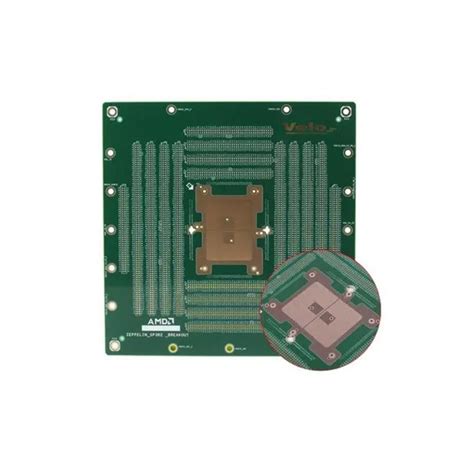
Future Trends in Custom PCB Manufacturing
The custom PCB manufacturing industry is constantly evolving, driven by advancements in technology and changing market demands. Here are some of the key trends shaping the future of custom PCB manufacturing:
- Miniaturization: As electronic devices become smaller and more compact, there is a growing demand for miniaturized PCBs. Custom PCB manufacturers are developing new techniques to produce smaller, more densely packed PCBs without compromising performance.
- High-Speed and High-Frequency PCBs: With the rise of 5G, IoT, and other high-speed communication technologies, there is an increasing need for PCBs that can handle high-frequency signals. Custom PCB manufacturers are investing in advanced materials and design techniques to meet this demand.
- Flexible and Rigid-Flex PCBs: Flexible and rigid-flex PCBs are becoming more popular in applications where space is limited, and the PCB needs to bend or flex. Custom PCB manufacturers are developing new materials and processes to produce flexible PCBs that can withstand repeated bending and flexing.
- Sustainability: There is a growing focus on sustainability in the electronics industry, and custom PCB manufacturers are no exception. Manufacturers are exploring ways to reduce waste, use eco-friendly materials, and improve energy efficiency in the production process.
- Automation and Industry 4.0: The adoption of automation and Industry 4.0 technologies is transforming the custom PCB manufacturing process. Automated systems and AI-driven tools are being used to improve precision, reduce errors, and increase production efficiency.
- Advanced Materials: Custom PCB manufacturers are experimenting with new materials, such as high-temperature laminates, ceramic substrates, and conductive inks, to enhance the performance and durability of PCBs.
Conclusion
Custom PCB manufacturers play a vital role in the electronics industry by providing tailored solutions that meet the specific needs of their clients. The custom PCB manufacturing process involves a series of precise and complex steps, from design and material selection to testing and quality control. Custom PCBs offer numerous benefits, including improved performance, space optimization, and cost-effectiveness, making them ideal for a wide range of applications.
As technology continues to advance, the custom PCB manufacturing industry is poised for further growth and innovation. Trends such as miniaturization, high-speed PCBs, flexible PCBs, and sustainability are shaping the future of the industry, driving manufacturers to develop new techniques and materials to meet the evolving demands of the market.
In conclusion, custom PCB manufacturers are essential partners in the development of modern electronics, enabling the creation of innovative and high-performance devices that power our world. As the industry continues to evolve, custom PCB manufacturers will remain at the forefront of technological advancement, driving progress and innovation in the electronics industry.

